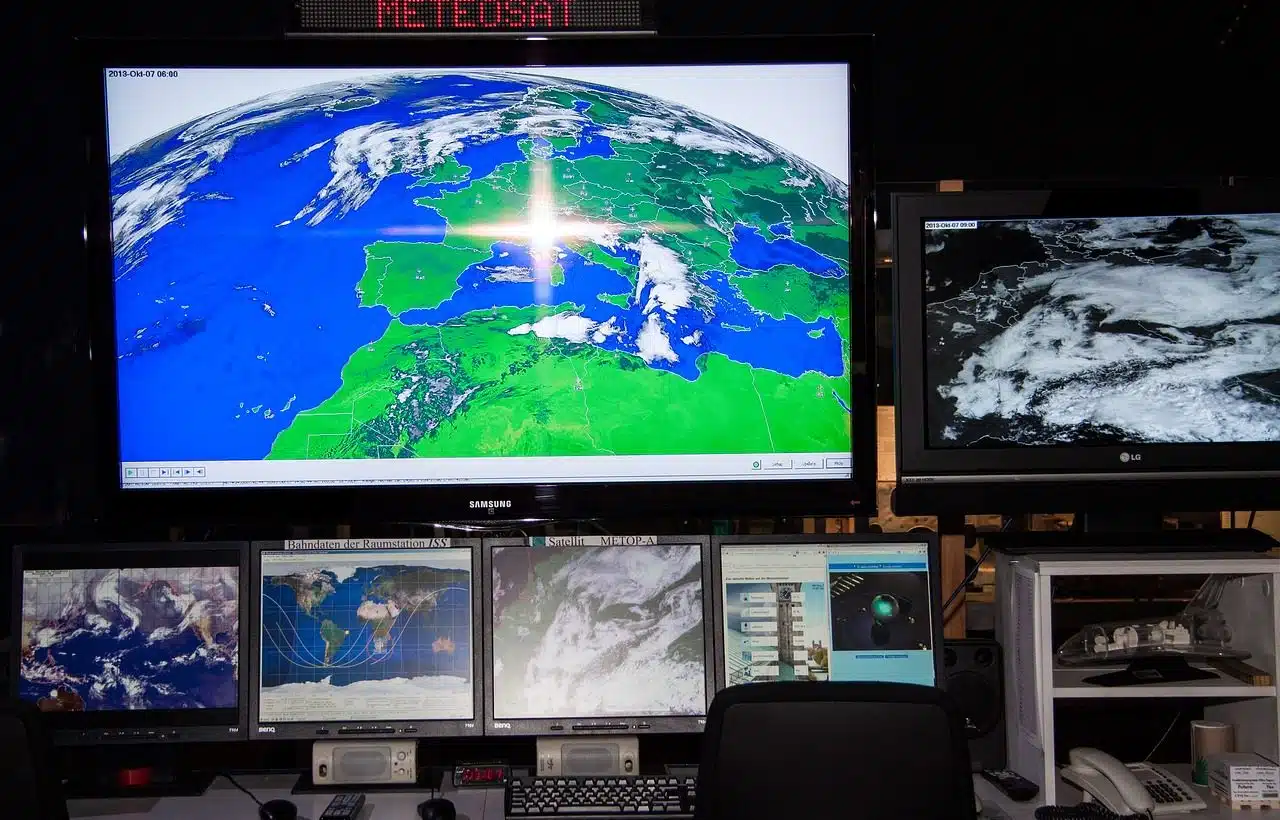
Big data can help build smart cities, helping to find solutions in traffic and mobility.
Big data is a concept that belongs to the English language and is not part of the dictionary prepared by the Royal Spanish Academy ( RAE ). The notion refers to the storage and management of a large amount of data .
Issues linked to big data are studied and treated by information and communication technologies ( ICT ). This set of sciences and disciplines provides solutions to collect, store, search, analyze and display very large sets of data.
Big data is important when developing models and statistics . To establish comparisons, develop predictive modeling and provide accurate reports, it is usually necessary to work with a lot of information : otherwise, the results have no validity or precision.
From data to big data
There is no precise amount of data that allows us to talk about big data. The limits used usually revolve around terabytes , petabytes or zettabyes . Working with such an amount of information requires the use of advanced technological resources.
This means that a user with a home computer can hardly work with big data, since these devices are not prepared to manage and store so much information or to carry out such complex data analysis.
Big data, however, is stored in a database that can have different characteristics. It is possible to manage structured data (whose format is already defined), semi-structured data (they are not limited to a specific field but have markers to distinguish between elements) and unstructured data (without a specific format). The data, on the other hand, can be captured and visualized using various computer tools according to the need.
Different types of sensors and smart devices, image recognition, text analysis , the Internet of Things (IoT), speech recognition and web analytics help collect enormous amounts of information. Big data techniques and tools allow for the necessary classification to process and interpret this content, offering clear and orderly data visualization .

Sciences such as meteorology and astronomy use big data.
Its importance in the business field
The importance of this concept is incalculable for many companies, since it allows them to obtain answers to thousands of questions essential for their correct functioning at a speed that would be impossible through human work . Thanks to the versatility offered by the different data manipulation and query systems, it is possible to obtain “tailored” results that are easy to understand.
One of the key words of modern life is trend : this inclination of human beings to carry out certain activities or consume certain products and services leads some companies to shape their proposals so that they fit their tastes and needs, and for this it is essential the accumulation of large volumes of statistical data.
Big data consultations and analysis serve to better guide businesses, emphasizing correct decisions, avoiding potentially harmful ones, and pointing to those that have not been made so far but that could lead to significant growth .
Simply put, the use of big data means a happy ending for everyone: companies do more prolific business and increase the efficiency of their operations and the volume of their profits, while customers receive the products and services they want, and all this has a positive impact on the market.
It is worth mentioning that data storage does not always take place in a company's own facilities; There are big data services in cloud computing with very competitive prices, which can represent significant savings in the operation and maintenance of equipment and servers, in addition to avoiding the typical problems that come with memory expansion.

Big data, robotics, drones and automation tools contribute to the development of Industry 4.0
Examples of how big data works
To understand all this, let's think about a very simple example: an individual wants to create a business but does not have a well-defined idea, so he stands at his window to observe his neighbors in order to find inspiration.
Throughout the day, he hears many people complain about the lack of a grocery store in the area and, based on this data, he decides to open one on his own to satisfy this need . Big data analysis allows millions of “stories” like this to be processed simultaneously, to open the doors to innovative ideas that users themselves were often not aware of having.
This example can be extrapolated to the reality of digital marketing . By collecting data on the behavior of social media users, whether on Facebook , Instagram , Twitter , LinkedIn or others, it is possible to recognize trends, interests and demands. Thanks to big data, these discoveries can help develop new sales or customer service strategies, to mention two possibilities.
Records from digital maps (such as OpenStreetMap or Google Maps ) and geolocation applications can also be examined to analyze consumer habits. The greater the amount of data collected, the more resources to design and apply measures and policies that are successful.
